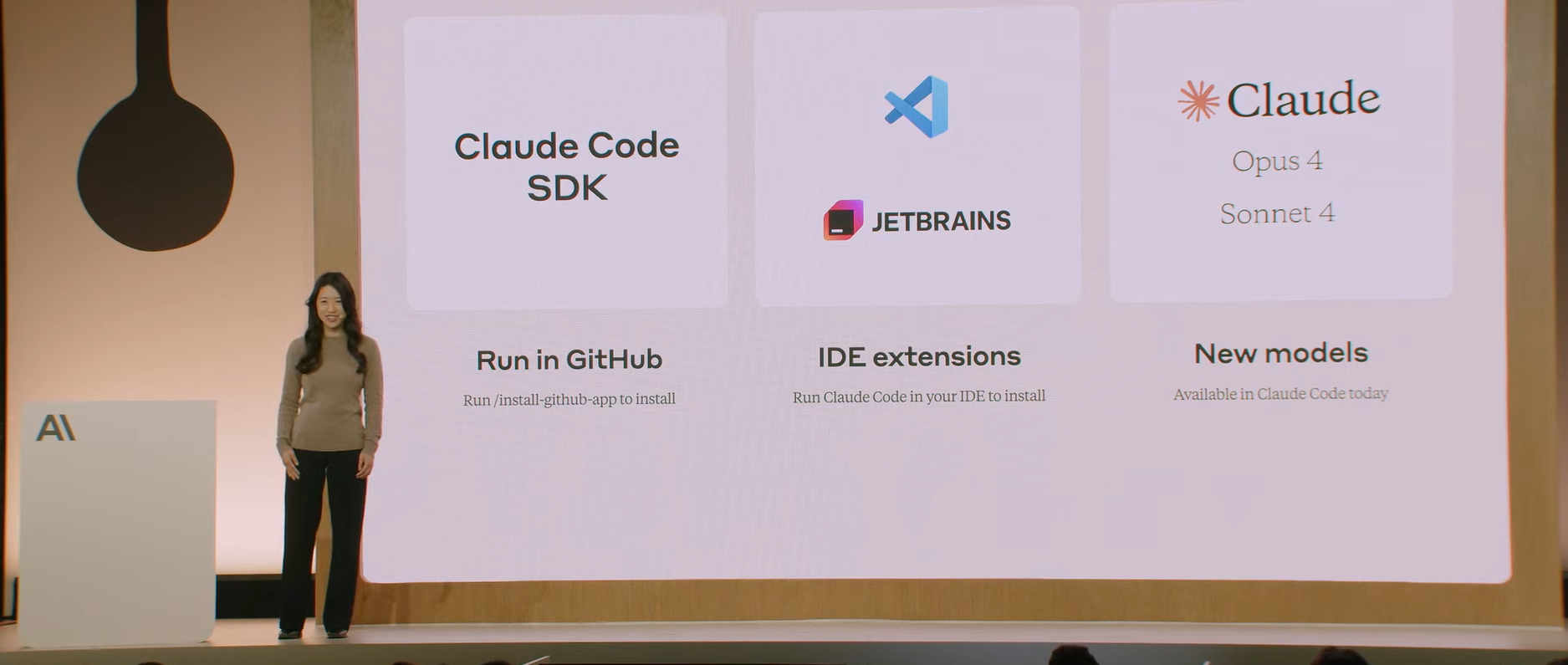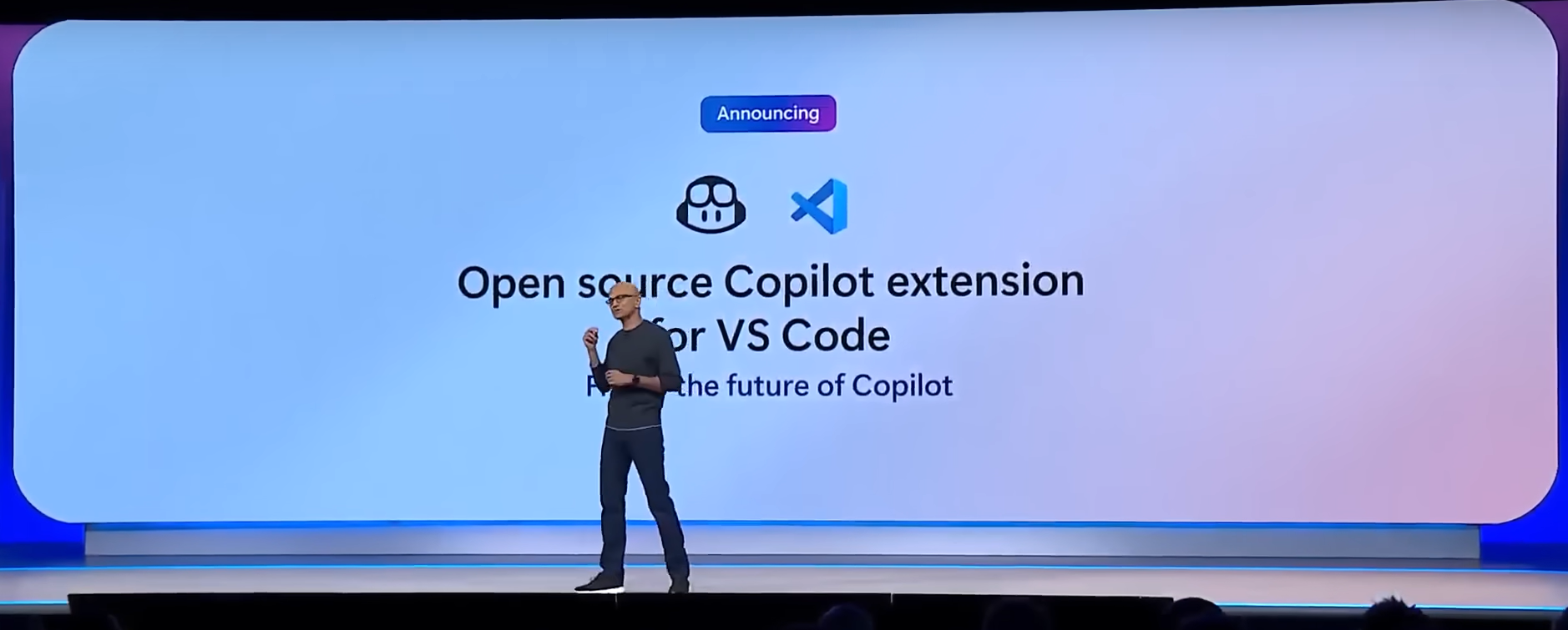Based on my observations, by the end of 2024, few people took Codeium Windsurf seriously.
Here's a Hacker News thread from 70 days ago comparing Windsurf and Cursor, which didn't attract much engagement https://news.ycombinator.com/item?id=43288745. Cursor is mentioned as one of the first AI IDEs users tried; it's well-configured and 'just works'. Windsurf's positives include a free autocompletion feature and greater versatility. Github Copilot lags behind Cursor and Windsurf in functionality.
When the topic of vibe coding came up, Windsurf, being a simpler system compared to Cursor, started attracting more users. Subsequently, they rebranded, and the company's focus improved. News about a potential acquisition by OpenAI has been circulating for several weeks, further increasing interest.
In a new comparison poll on Hacker News https://news.ycombinator.com/item?id=43959710, significantly significantly significantly more people participated.
People note that the AI IDE market is changing rapidly. Developers are constantly releasing new features, and tools borrow ideas from each other. This leads to the 'leader' often changing.
Discussion on "Agentic / Vibe Coding":
- people see the potential in "agentic mode" for automating routine tasks (e.g., adding types, creating boilerplate), but emphasize the need for careful review of generated code.
- there's a significant range of opinions on the effectiveness and safety of "agentic / vibe coding" where the AI independently makes changes across any files in the repository.
- some experienced developers believe that AI helps non-experts more, while for experienced users, it's more like 'smarter autocompletion'.
Cursor Pros:
- excellent autocompletion ("tab-complete"), better than competitors
- the Cmd-K feature (inline editing) broadly made the IDE known and continues to be liked by users
- clear pricing ($20 per month) which is quite cheap for access to the best models
Cursor Cons:
- issues with context limitation in Cursor to save costs - the system tries to use as few tokens as possible
- the "Agent mode" is quite imperfect and too "jumpy" forward
Windsurf Pros:
- repository code awareness seems better
- feels faster in some aspects
Windsurf Cons:
- problems with large files and similar context limitation where only a small piece of code is sent to the model
- the interface is more suited for vibe coding, making it harder to work "manually"
- pricing - some find it more expensive than Cursor in agent mode, because with active use, on top of the up to $15 per month, you need to buy $10/250 credits packages.
Thread participants express positive feedback about Zed as a fast, efficient, and 'uncluttered' editor. But AI autocompletion and 'intelligence' in Zed are not yet at Cursor's level. Additionally, it doesn't support Windows.
They are also compared with Aider, Cline, GitHub Copilot, JetBrains IDEs (IntelliJ, PyCharm, Rider, etc.). Quite a few other AI tools are also mentioned: Claude Code (very expensive), Amazon Q (good for AWS), Machtiani, Brokk (an Aider alternative), Repomix, Void (an open-source Cursor alternative), Nonbios.ai, Amp.
Many participants recommend trying multiple tools, as the situation is changing rapidly, and what works today may change tomorrow.
#cursor #windsurf #zed

